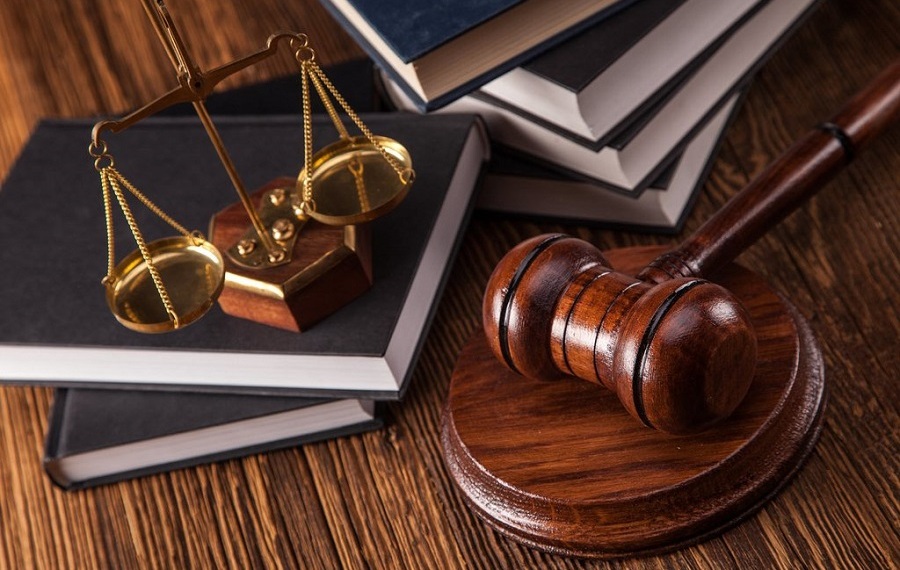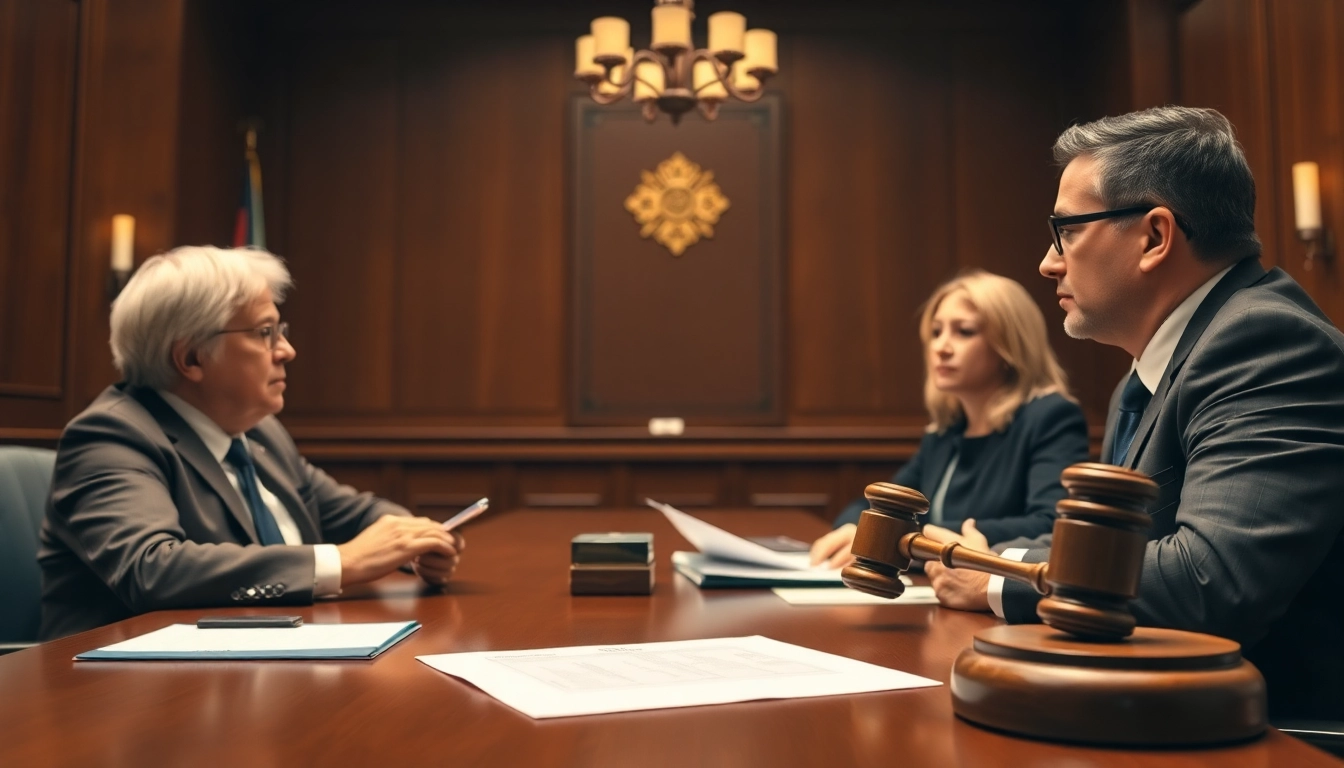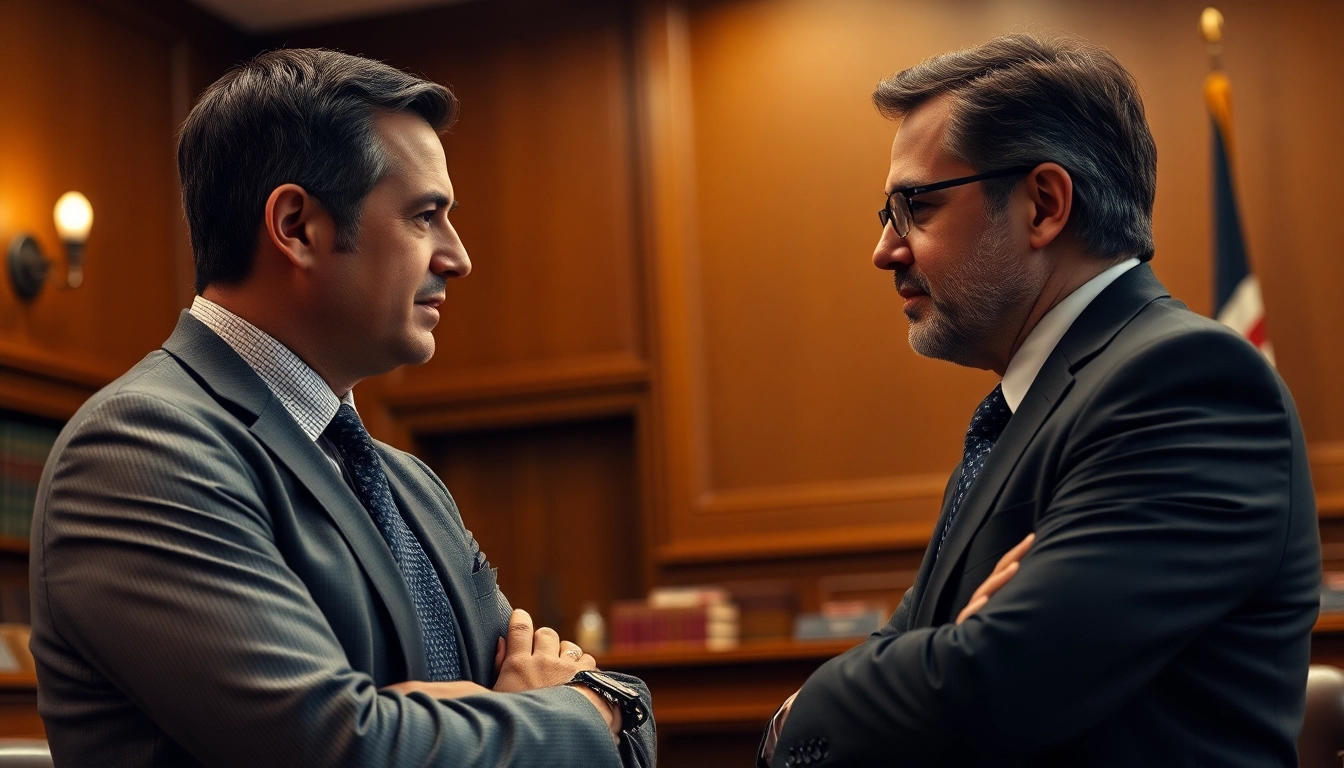Understanding Your Rights After a Florida Car Accident
Car accidents can be devastating, leading to physical injuries, emotional distress, and financial setbacks. In Florida, understanding your legal rights after a car accident is crucial for protecting your interests. Whether you are the driver, a passenger, or a pedestrian involved in a car accident, knowing your rights enables you to seek proper compensation and navigate the often-complex aftermath of such incidents. This is where Florida car accident attorneys can provide invaluable assistance.
Common Legal Rights for Accident Victims
In Florida, victims of car accidents typically have several legal rights that can help them recover damages. These include the right to seek compensation for:
- Medical Expenses: Victims are entitled to reimbursement for medical bills, including hospital stays, rehabilitation, and ongoing care related to injuries sustained in the accident.
- Pain and Suffering: Compensation can often be sought for physical pain and emotional distress encountered as a result of the accident.
- Lost Wages: If injuries prevent you from working, you have the right to claim lost wages and, in some cases, loss of future earning capacity.
- Property Damage: Victims can also recover costs associated with repairing or replacing damaged vehicles and personal property.
Steps to Take Immediately After an Accident
What happens immediately after a car accident significantly impacts your ability to claim compensation. Follow these steps:
- Seek Medical Attention: Your health should be your top priority. Ensure that you or anyone injured receives medical care as soon as possible.
- Document the Scene: Take photos of the accident scene, vehicles involved, and any visible injuries. Gather contact information from witnesses.
- Notify Law Enforcement: Always file a police report. This official documentation can be critical when filing insurance claims.
- Contact Your Insurance Company: Inform your insurer about the accident as soon as possible, but avoid discussing fault until you have legal representation.
How Florida Law Applies to Car Accidents
Florida operates under a no-fault insurance system, which means that regardless of fault, drivers are generally required to file claims with their insurance providers for injuries. Florida law mandates that all drivers carry Personal Injury Protection (PIP) insurance, which covers a portion of medical expenses and lost wages, up to a specified limit. However, if injuries exceed certain thresholds, victims may pursue additional compensation through a personal injury lawsuit.
Choosing the Right Florida Car Accident Attorneys
Selecting the right attorney can be the difference between receiving fair compensation and facing an uphill battle. Here’s what to consider:
Key Qualities to Look For in an Attorney
When searching for a Florida car accident attorney, consider these essential qualities:
- Experience: An attorney with specific experience in car accident cases will understand the nuances of Florida law and insurance policies.
- Communication Skills: Choose an attorney who communicates clearly and transparently, keeping you informed throughout the process.
- Reputation: Research their standing in the community and industry; strong recommendations and a good track record are vital.
How to Evaluate Attorney Experience
Evaluating an attorney’s experience involves looking beyond years in practice. Consider the following factors:
- Case Types: Ensure they primarily handle car accident cases, particularly those similar to yours.
- Results: Inquire about their past case outcomes, particularly settlements and verdicts.
- Trial Experience: If your case goes to trial, ensure that they have adequate court experience.
The Importance of Client Reviews and Testimonials
Client reviews and testimonials provide insights into an attorney’s effectiveness and client satisfaction. Look for:
- Positive Outcomes: Success stories can indicate a higher likelihood of receiving favorable results.
- Feedback on Communication: Clients often highlight how well the attorney communicates and supports them through the legal process.
- Professionalism: Assess comments about their professionalism and dedication to client needs.
Navigating Insurance Claims in Florida
The insurance claims process in Florida can be intricate, especially with the state’s no-fault laws. Understanding how to effectively navigate this is vital to ensure you’re adequately compensated.
Understanding Florida’s No-Fault Insurance System
In Florida, each driver’s insurance pays for their damages regardless of fault, making the no-fault system unique. This means:
- Each driver must carry PIP insurance.
- PIP covers medical expenses, lost wages, and other necessary expenses, typically up to $10,000.
- If injuries are serious, victims may file a civil suit against the at-fault driver.
Tips for Filing an Insurance Claim
Filing an insurance claim after a car accident can be daunting. Follow these tips to strengthen your claim:
- Document Everything: Keep thorough records of all medical treatments, expenses, and communications with insurance adjusters.
- Be Honest: Provide truthful information about the accident and your injuries. Misrepresentation could lead to denial of your claim.
- Responsive Communication: Stay available to answer any questions the insurance company may have. Prompt responses help expedite the process.
What to Do If Your Claim Is Denied
If your insurance claim is denied, all is not lost. Here are steps you can take:
- Review the Denial Letter: Understand the reasons for denial, which can be crucial for your appeal.
- Gather Supporting Evidence: Collect documentation to support your claim that counters the reasons for denial.
- File an Appeal: Follow your insurer’s process for appealing the denial. In some cases, mediation may help resolve disputes.
- Consult an Attorney: If needed, contact a Florida car accident attorney to assess the situation and consider legal action.
Strategies for Proving Fault in Car Accidents
Establishing fault in a car accident is essential for successful claims and recovery. Understanding the strategies involved can also influence the course of legal proceedings.
Gathering Evidence Post-Accident
Collecting evidence immediately following the accident can significantly aid in establishing fault. Consider the following:
- Photographs: Take clear photos of the scene, vehicles involved, any visible damages, and relevant road conditions.
- Police Reports: Obtain a copy of the police report, which may contain important information about the accident and statements regarding fault.
- Medical Records: Keep detailed medical records of injuries sustained in the accident, as they may be relevant in proving the impact of the incident.
The Role of Eyewitness Testimonies
Eyewitness testimonies can play a pivotal role in establishing fault. Ensure you:
- Acquire contact information from witnesses at the scene.
- Encourage witnesses to provide written statements about what they observed.
- Consider having them testify if the case escalates, which strengthens your position.
Utilizing Accident Reconstruction Experts
In complex cases, accident reconstruction experts may be used to analyze the crash dynamics. Their expertise can provide:
- Detailed diagrams illustrating how the accident occurred.
- Calculations of speed, distance, and other key factors that determine fault.
- Testimony to clarify technical aspects to a court or jury, if necessary.
The Role of Florida Car Accident Attorneys in Legal Proceedings
The assistance of a seasoned Florida car accident attorney can dramatically affect the outcome of your case. Here’s how they can help you navigate the legal landscape.
Preparing for Consultations and Case Evaluations
When meeting with your attorney, preparation is essential. Bring the following:
- Accident Reports: Your police report and insurance documents will help your attorney understand the case’s groundwork.
- Medical Records: Documentation of your injuries, treatments, and ongoing care is vital for establishing your claim.
- Evidence: Photographs, witness contacts, and any other evidence collected post-accident should be prepared for review.
Navigating the Settlement Process
Once you have established a claim, the settlement process begins. Your attorney will guide you through:
- Negotiations: They will negotiate with the insurance company on your behalf, aiming for a settlement that accurately reflects your damages.
- Evaluating Offers: An attorney can help you determine whether settlement offers are fair and reasonable based on the evidence.
- Decision Making: If negotiations fail, they will advise you on the next steps, including whether to pursue litigation.
When to Escalate to Trial: Making the Right Choice
Knowing when to escalate to a trial is crucial in legal proceedings. Consider the following:
- Failure of Settlement Negotiations: If the insurance company’s offer doesn’t reflect your needs, it may be time to take legal action.
- Significant Damages: If your injuries are severe and ongoing, pursuing a trial might yield better compensation.
- Public Interest: In some cases, a trial may be necessary to set a precedent or bring attention to injustices.














Leave a Reply